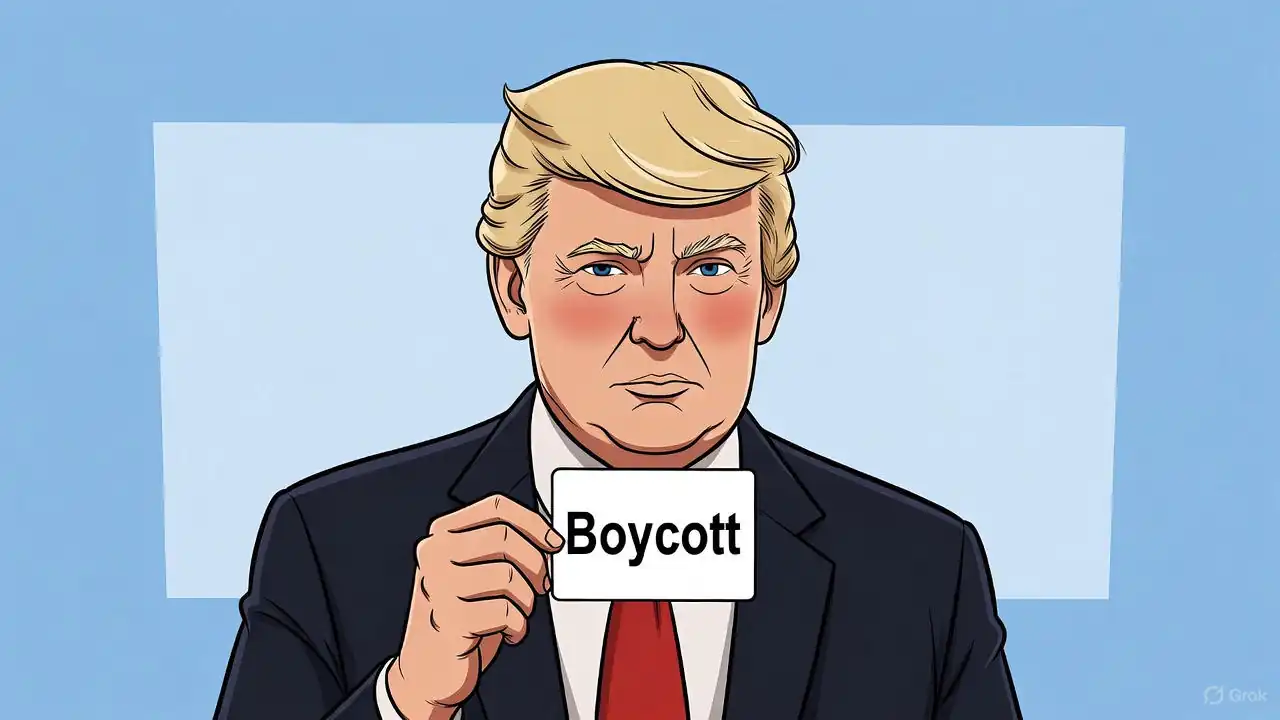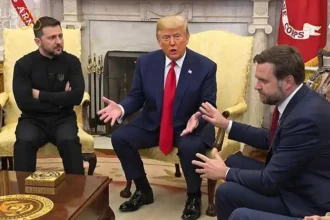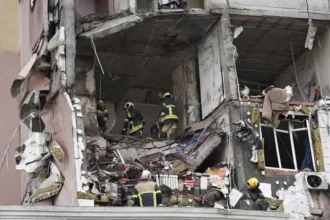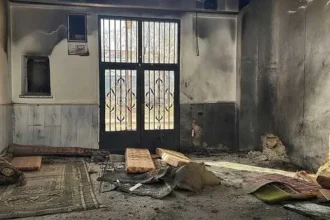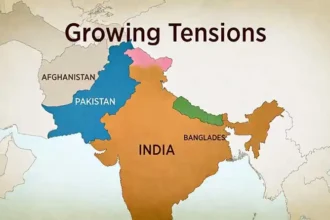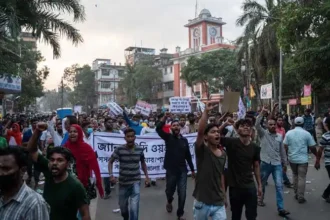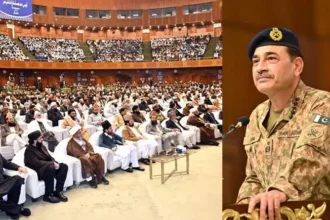Trump Pulls America from Global Summit Over Disputed Claims: What’s Really Happening in South Africa?
In a move that has sent shockwaves through international diplomatic circles, President Donald Trump announced that the United States will completely withdraw from the upcoming G20 summit scheduled to take place in Johannesburg, South Africa, later this month. The decision marks an extraordinary break from decades of American participation in one of the world’s most important gatherings of economic powerhouses.
The reason behind this dramatic boycott? Trump claims that white South Africans, particularly those descended from Dutch, French, and German settlers known as Afrikaners, are facing persecution and violence in their homeland. However, the reality on the ground tells a very different story one that has left South African officials bewildered and international observers questioning the basis of these accusations.
A Presidential Declaration That Changed Everything
Taking to his social media platform Truth Social, Trump did not mince words. He called South Africa’s hosting of the G20 summit a “total disgrace,” painting a dark picture of systematic attacks on white farmers and illegal seizures of their properties. According to the American president, these alleged human rights violations are serious enough to justify keeping every single U.S government official away from the prestigious international gathering.
“Afrikaners are being killed and slaughtered, and their land and farms are being illegally confiscated,” Trump wrote, adding that “no U.S government official will attend as long as these human rights abuses continue.”
This announcement represents a complete turnaround from earlier plans. Initially, Trump had suggested he might skip the summit himself but send Vice President JD Vance in his place. Now, the White House has slammed the door shut entirely—no American representative will set foot at the meeting of the world’s largest economies.
South Africa Responds: “Where Is the Evidence?”
The South African government’s response was swift and pointed. The country’s foreign ministry issued a carefully worded statement describing Washington’s decision as “regrettable,” but the real message lay in what came next.
Officials made two critical points that directly challenge Trump’s narrative. First, they noted that calling Afrikaners an exclusively white group is historically inaccurate. The Afrikaner identity, they explained, is more complex than simple racial categories suggest. Second, and perhaps more importantly, they stated bluntly that claims of persecution against this community are “not substantiated by fact.”
What makes this situation particularly striking is the silence from within South Africa itself. Not a single political party in the country—including those specifically representing Afrikaners and the broader white community—has claimed that anything resembling genocide is taking place. This includes groups whose entire political mission centers on protecting the interests of white South Africans.
A Pattern of Accusations
This latest controversy is not an isolated incident. Since returning to the White House in January, Trump has repeatedly targeted South Africa with accusations of discrimination against its white minority population. The tension reached a memorable peak in May when Trump directly confronted South African President Cyril Ramaphosa during a meeting in the Oval Office.
The Trump administration has gone beyond mere words, taking concrete policy steps based on these disputed claims. White South Africans have been granted refugee status in the United States, with officials citing an ongoing “genocide” as justification. Last week, the administration announced plans to drastically reduce overall refugee admissions to record-low numbers while simultaneously giving priority status to white South Africans seeking to flee their country.
Yet the South African government points to an uncomfortable truth that undermines this entire narrative: very few South Africans are actually taking advantage of this refugee offer. Officials describe the “limited uptake” as evidence that the supposed crisis simply does not exist in the minds of those who would be its victims.
You Might Like it: Trump Warns of Possible U.S. Military Action in Nigeria
What This Means for Global Diplomacy
The G20 summit brings together leaders from the nineteen largest national economies plus the European Union. These gatherings set crucial policies affecting trade, climate change, global health, and economic stability. The United States pulling out completely represents an unprecedented diplomatic snub.
Each year, a different member nation hosts the summit and shapes its agenda. Ironically, the United States is scheduled to host immediately after South Africa’s turn, making this boycott even more awkward for international relations.
The characterization of events in South Africa has been widely challenged by fact-checkers, international observers, and human rights organizations. While South Africa certainly faces complex challenges around land reform, crime, and historical inequality, the evidence does not support claims of systematic persecution or genocide against any racial group.
This standoff raises profound questions about how international diplomacy functions when major powers base their decisions on contested information. As the world watches, South Africa prepares to host its summit while America stays home—a situation that would have seemed impossible just months ago.
Author: Yasir Khan
Date: 08 Nov, 2025
For More Updates, Visit Newsneck


